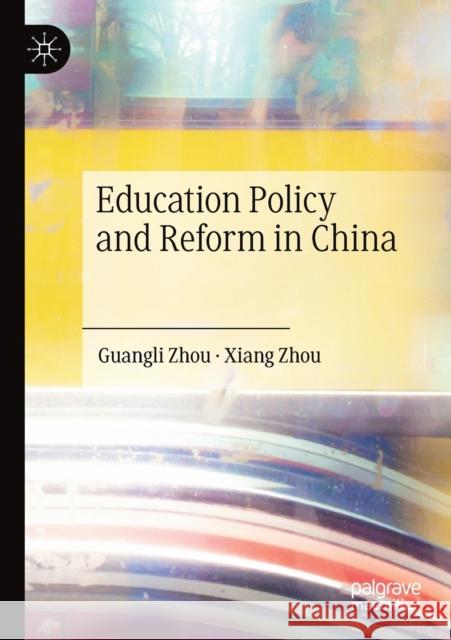Education Policy and Reform in China » książka
topmenu
Education Policy and Reform in China
ISBN-13: 9789811364945 / Angielski / Miękka / 2020 / 188 str.
Education Policy and Reform in China
ISBN-13: 9789811364945 / Angielski / Miękka / 2020 / 188 str.
cena 200,77
(netto: 191,21 VAT: 5%)
Najniższa cena z 30 dni: 192,74
(netto: 191,21 VAT: 5%)
Najniższa cena z 30 dni: 192,74
Termin realizacji zamówienia:
ok. 16-18 dni roboczych.
ok. 16-18 dni roboczych.
Darmowa dostawa!
Kategorie:
Kategorie BISAC:
Wydawca:
Palgrave MacMillan
Język:
Angielski
ISBN-13:
9789811364945
Rok wydania:
2020
Wydanie:
2019
Ilość stron:
188
Waga:
0.24 kg
Wymiary:
21.01 x 14.81 x 1.09
Oprawa:
Miękka
Wolumenów:
01
Dodatkowe informacje:
Wydanie ilustrowane











